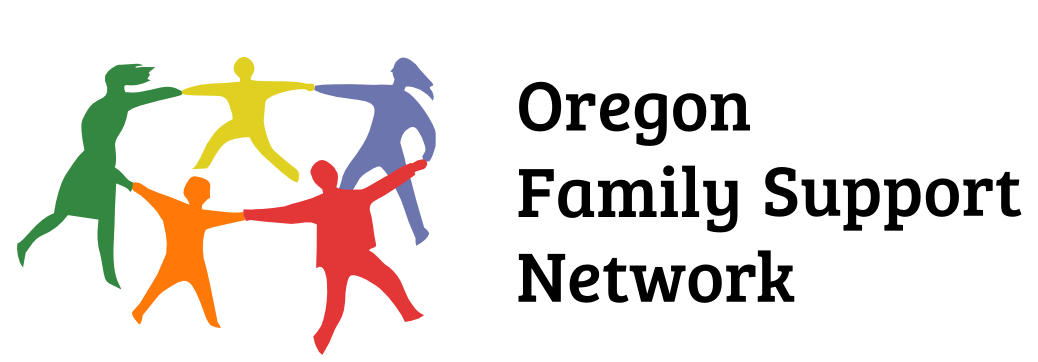Understanding Social Media & Mental Health
“Social media in it’s current incarnation is a somewhat new phenomenon, having emerged less than 20 years ago. However, it’s had a significant impact during that time, perhaps most especially on teens.”
Unfortunately, the convenience of social media has had ill side effects, including increases in mental distress, self-harming behavior, and suicide among teenagers. According to Pew Research Center, 92% of teens are active on social media.
The use of mobile devices and social media has also increased with mental health issues. Globally, around one in seven adolescents suffer from a mental disorder, according to the World Health Organization, and suicide is the “fourth leading cause of death among 15-19 year-olds.”
If society fails to address these sobering statistics, the problems they’re suffering will likely extend into adulthood, resulting in them struggling to live healthy, fulfilling lives.
Social media platforms aren’t entirely harmful, as they do provide avenues for teens to express themselves, socialize, and learn technical skills. The key is to help offer young adults ways to use online social media platforms healthily.
Your Teen and Social Media: Finding Balance to Stay Well
As with most things in life, the key to good health is finding balance. Social media is no exception. To help your teen offset the negative effects of social media use, take these steps:
- Pay attention to where teens spend their online time
- Learn who your children are talking with on social media platforms
- Set time limits on how long phones can be used based on their age and responsibilities
- Ask questions and be interested in their online friendships or other activities
- Talk to your teen about how social networks often spread misinformation
- Teach children other methods of obtaining information or entertaining themselves
- Be a good role model with your own social network and internet use
- Spend family time and frequently make plans to do offline things together
Helping your child achieve a healthy balance of online and offline time can go a long way towards fostering better physical development, cognitive health, and overall wellbeing.

